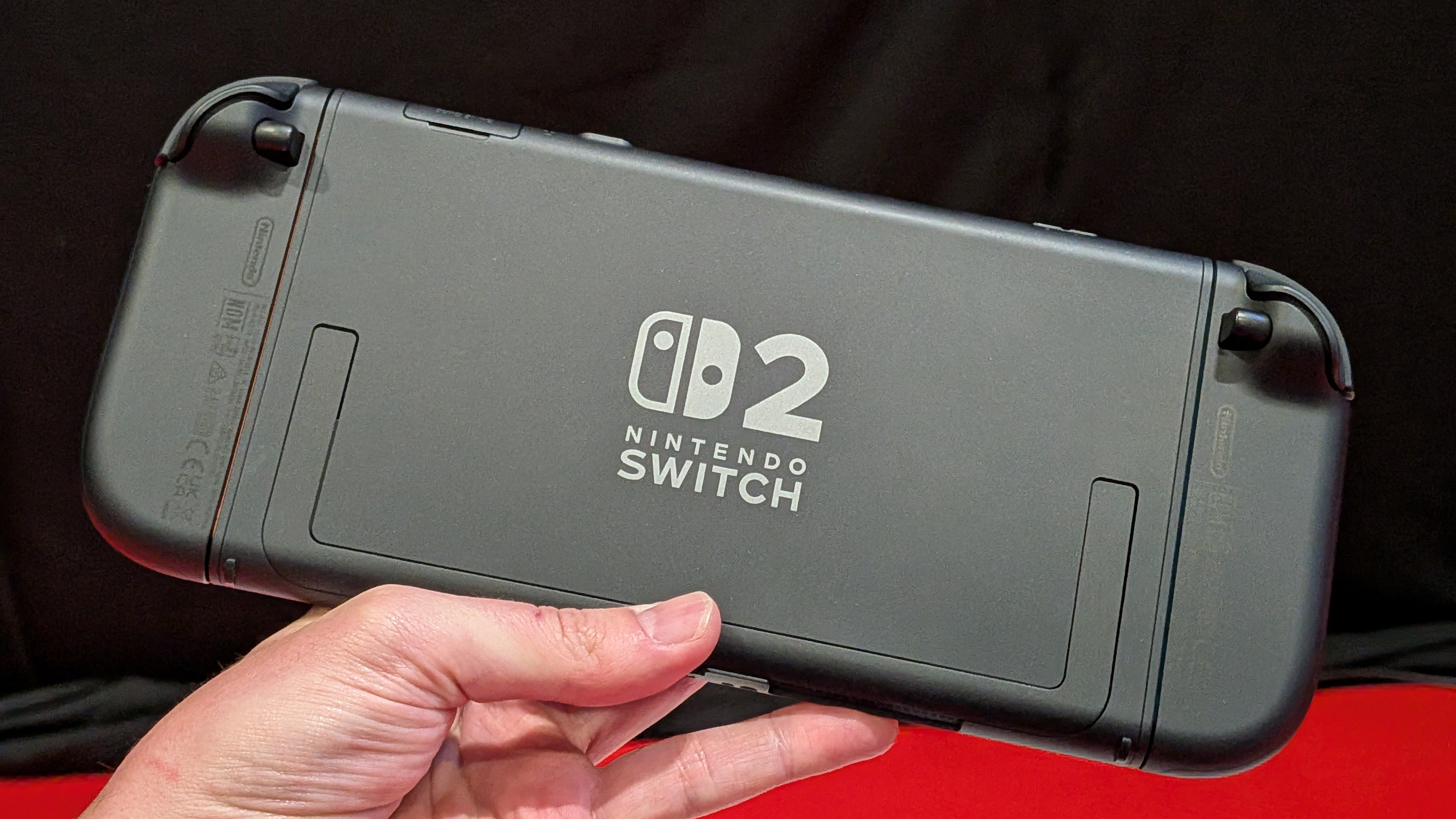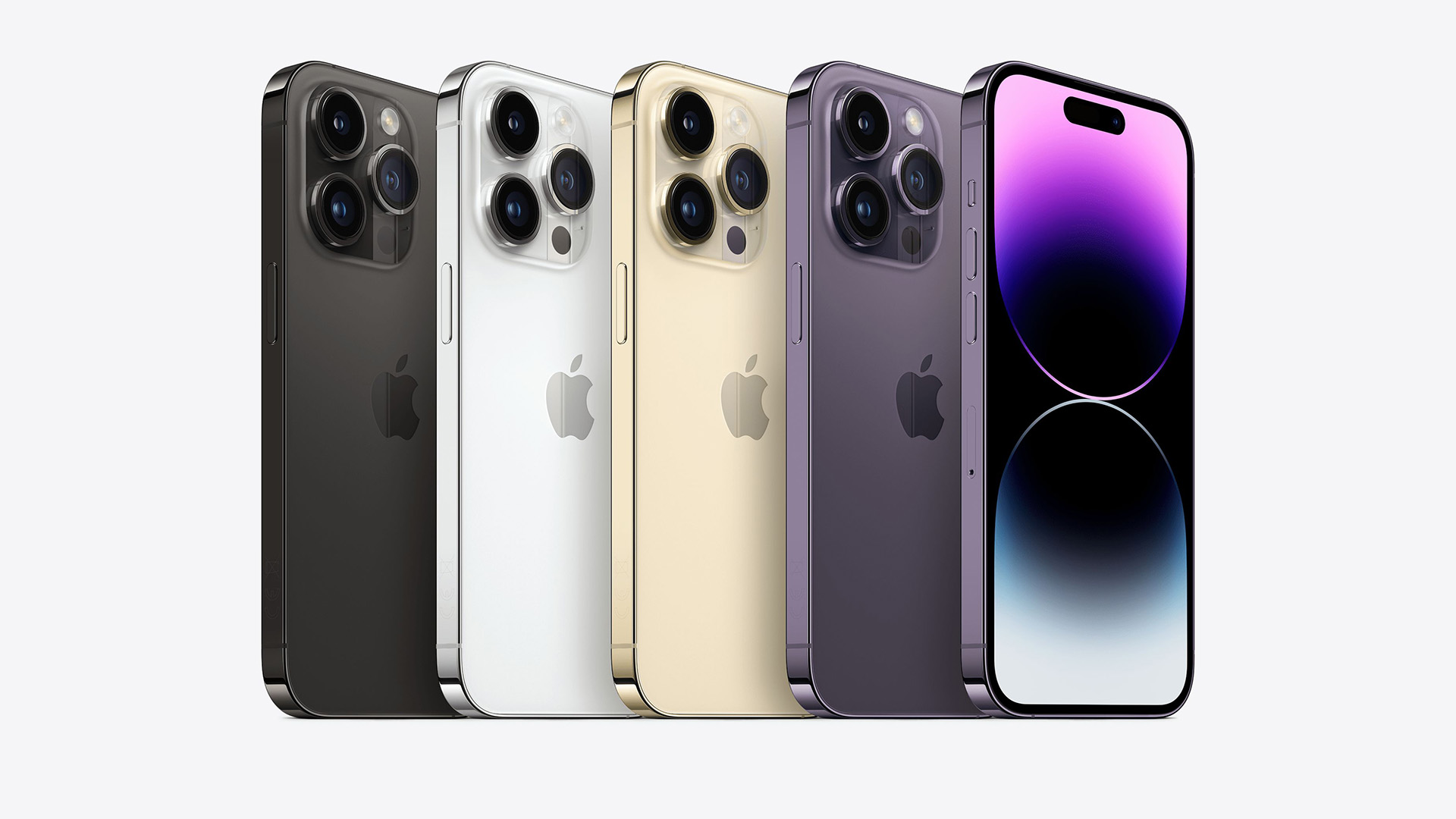

If like me you're a fan of the iPhone 14 Pro's gold option, it looks like there's bad news: Apple isn't going to offer gold as a colour for the iPhone 15 Pro. According to new reports Apple intends to offer the new titanium-encased iPhone in a new range of colours, and this time gold isn't one of them.
According to 9to5Mac the new colours are dark blue, silver, space black and a "natural titanium shade"; the colours will be for both the iPhone 15 Pro and the iPhone 15 Pro Max. The previously rumoured dark red that I thought looked amazing has apparently been shelved.
As for the standard iPhone 15 and the iPhone 15 Plus, we're expecting to see those models come in a choice of black, green, blue, yellow or pink.
Why isn't Apple going for gold?
Apple clearly wants you to focus on the new titanium material, and it does like to change the colour options from generation to generation. But I'm still surprised by the lack of a gold model, because its introduction was specifically designed to appeal to the Chinese market. As Tim Cook told Bloomberg Businessweek back in 2015, "A big reason for why we released the gold iPhone as because many Chinese consumers like the color gold... sales for the gold iPhones in China have far, far exceeded other markets."
Presumably Apple feels that gold has now lost its desirability. It's not a common colour option in current smartphones; the closest Samsung colour option for its flagship Galaxy S23 Ultra is cream.
I think the closest equivalent iPhone 15 Pro colour is going to be the natural titanium option. You can see Apple's use of titanium already on the Apple Watch Ultra, and I'd expect the iPhone 15 Pro to match that its premium smartwatch and premium iPhone appear to be carved from the same metal. It's not quite as buttery as the current gold option but it's likely to be warmer-looking than the silver model Apple is apparently also going to offer.
Sign up to the T3 newsletter for smarter living straight to your inbox
Get all the latest news, reviews, deals and buying guides on gorgeous tech, home and active products from the T3 experts
Writer, musician and broadcaster Carrie Marshall has been covering technology since 1998 and is particularly interested in how tech can help us live our best lives. Her CV is a who’s who of magazines, newspapers, websites and radio programmes ranging from T3, Techradar and MacFormat to the BBC, Sunday Post and People’s Friend. Carrie has written more than a dozen books, ghost-wrote two more and co-wrote seven more books and a Radio 2 documentary series; her memoir, Carrie Kills A Man, was shortlisted for the British Book Awards. When she’s not scribbling, Carrie is the singer in Glaswegian rock band Unquiet Mind (unquietmindmusic).
-
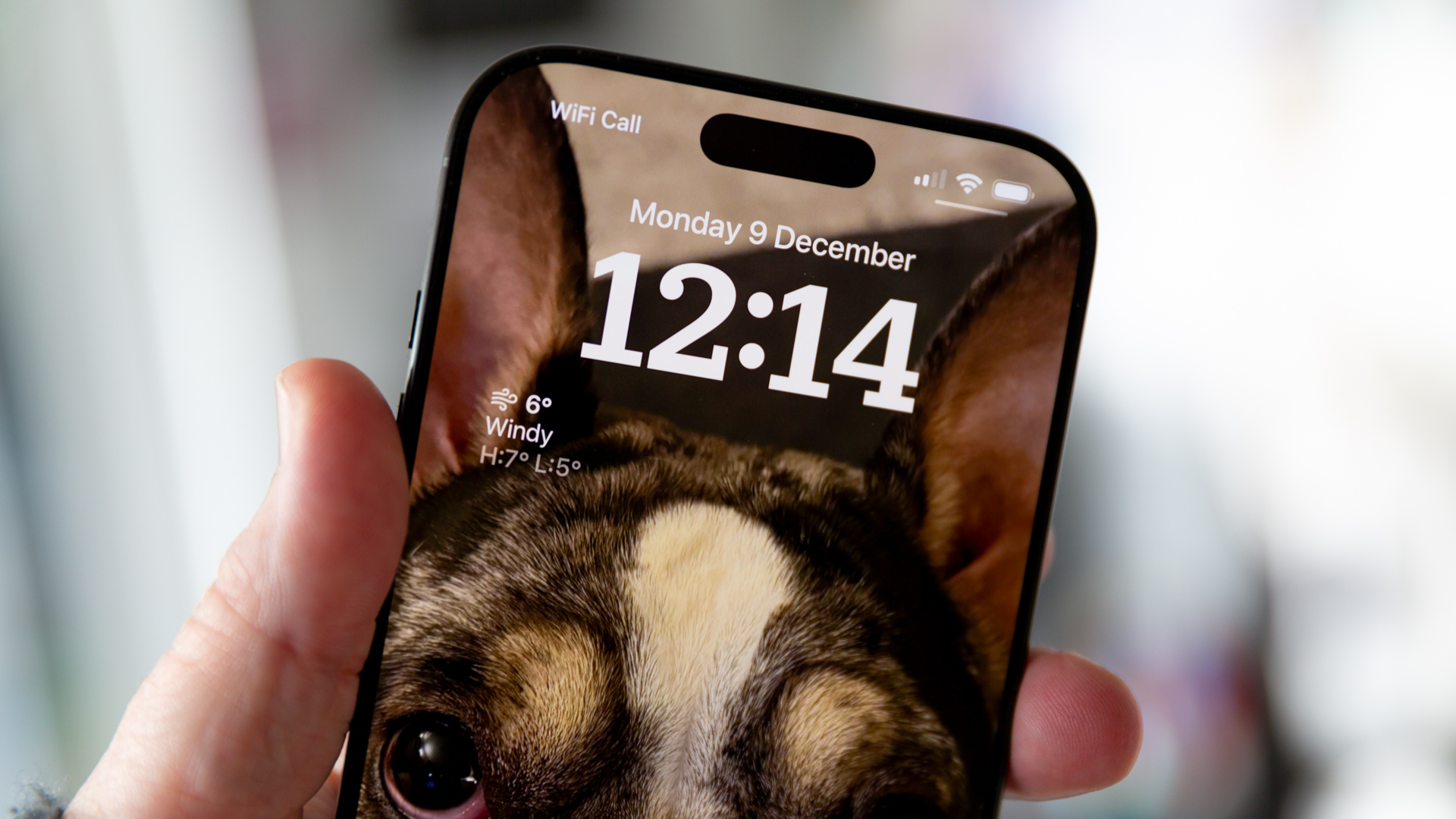 Will there ever be a US-made iPhone?
Will there ever be a US-made iPhone?It's something right-wing commentators have called for
By Sam Cross Published
-
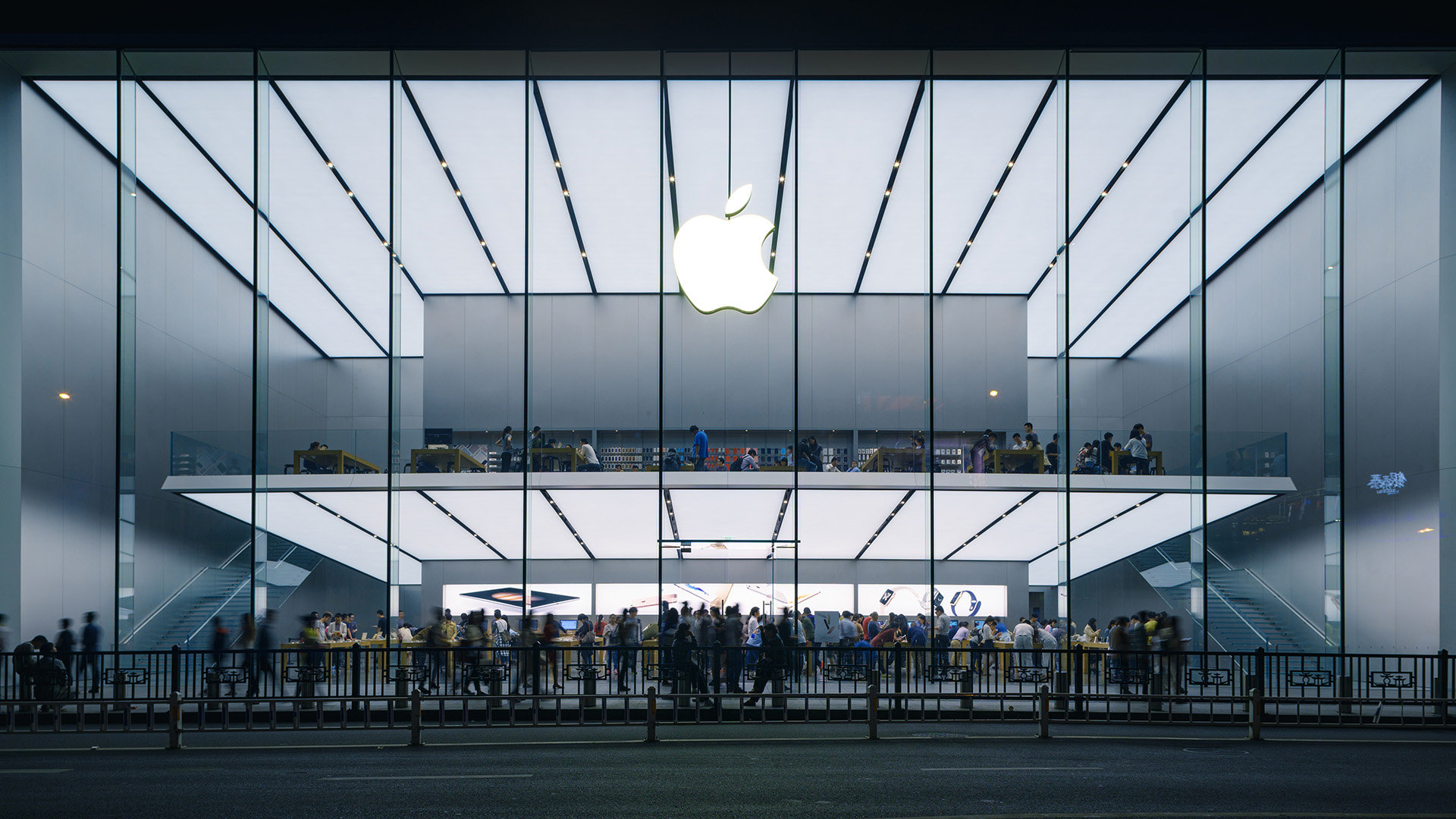 Is the cost of my iPhone going up? Everything we know about the effects of tariffs on tech
Is the cost of my iPhone going up? Everything we know about the effects of tariffs on techIt's an uncertain time for tech fans, with predictions not looking good for the price of phones, laptops and more in the US and beyond
By Sam Cross Published
-
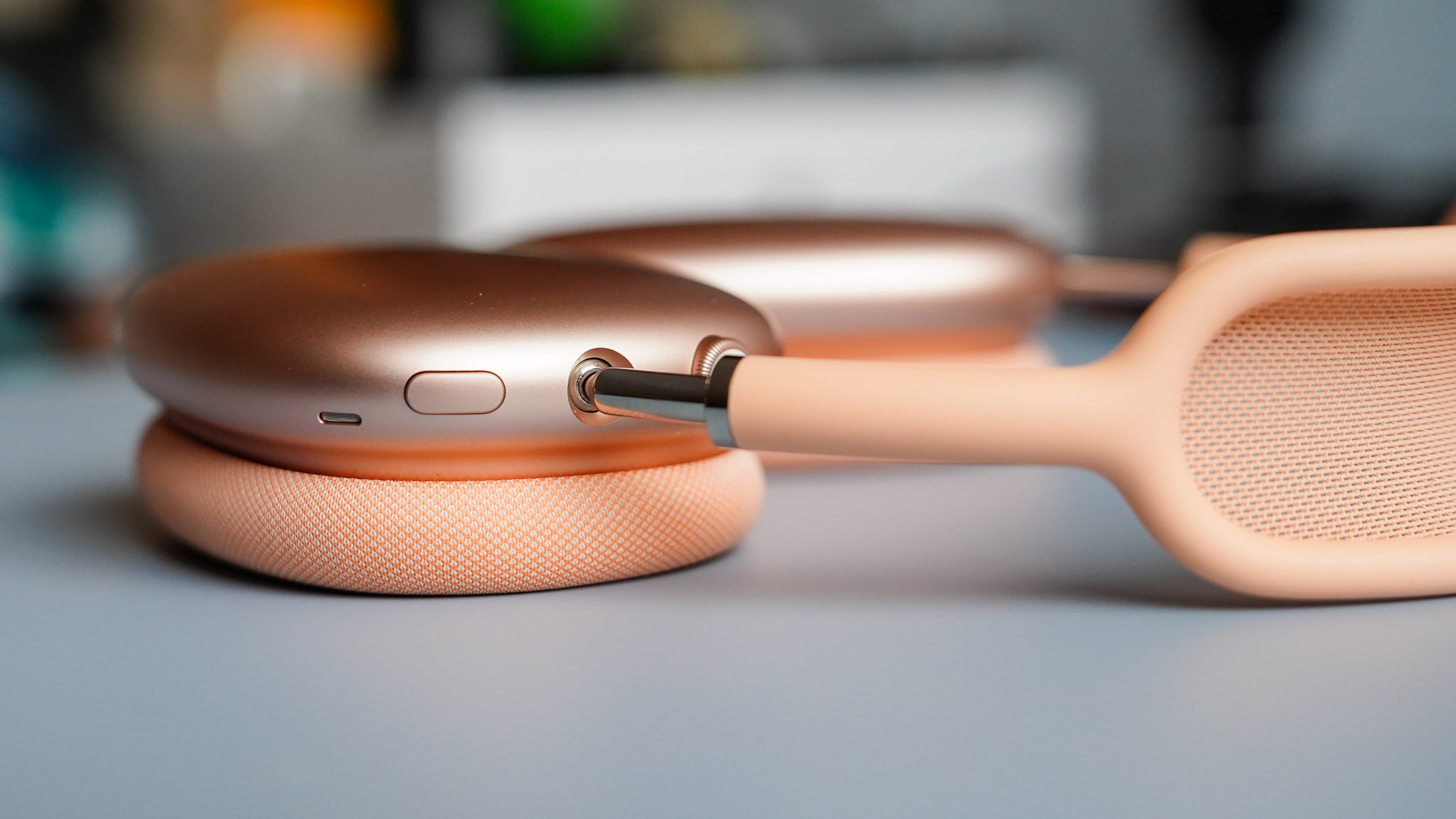 AirPods Max finally get the great free upgrade Apple promised
AirPods Max finally get the great free upgrade Apple promisedHere's how to make sure your headphones are running the right firmware
By Britta O'Boyle Published
-
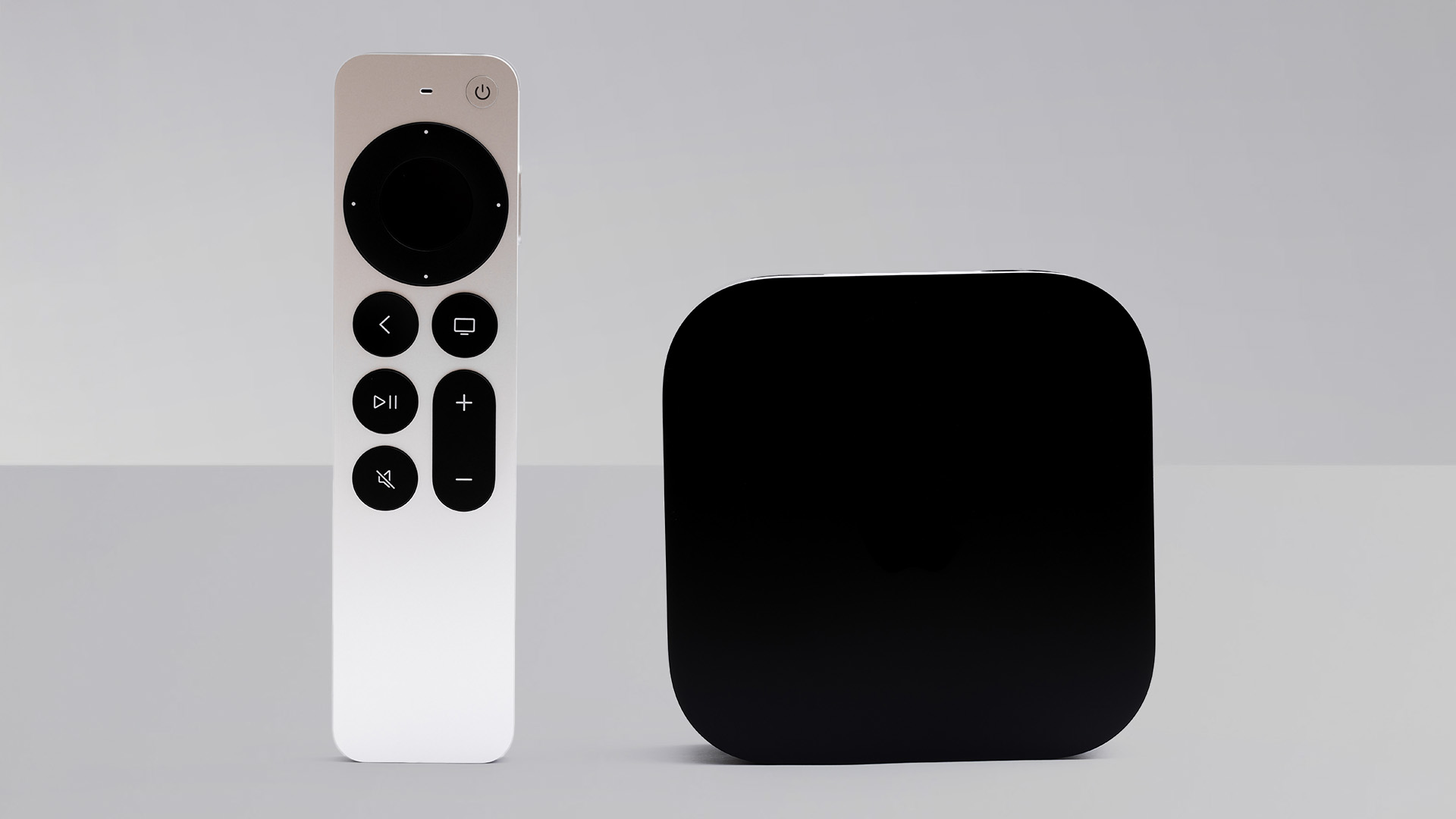 Apple TV gets a free update that makes it more simple to use
Apple TV gets a free update that makes it more simple to useApple has released tvOS 18.4 with a few design tweaks for its TV boxes
By Rik Henderson Published
-
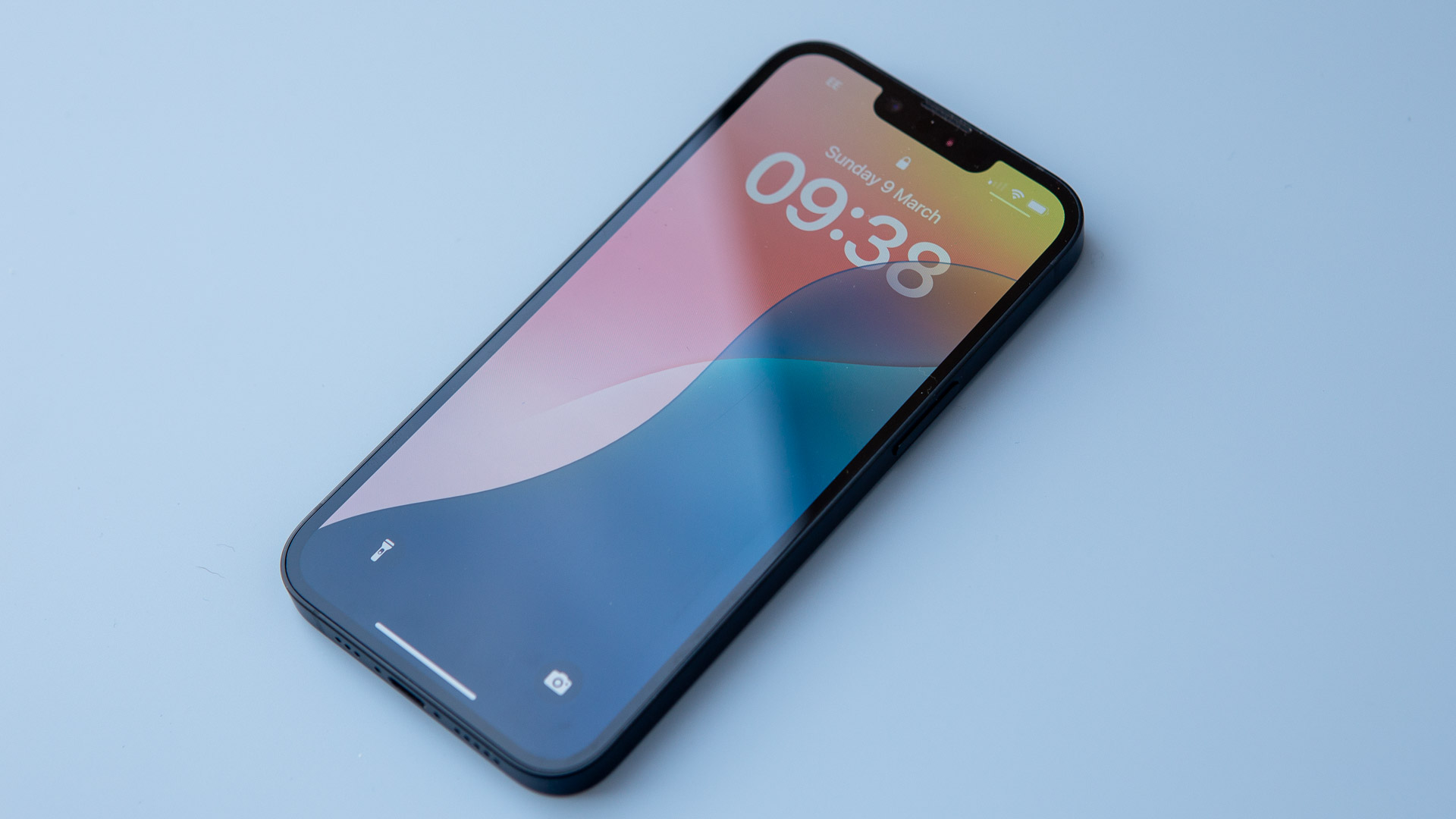 Your iPhone gets some new tricks - here’s what it can do now
Your iPhone gets some new tricks - here’s what it can do nowThe new emojis and priority notifications are probably our favourite
By Britta O'Boyle Published
-
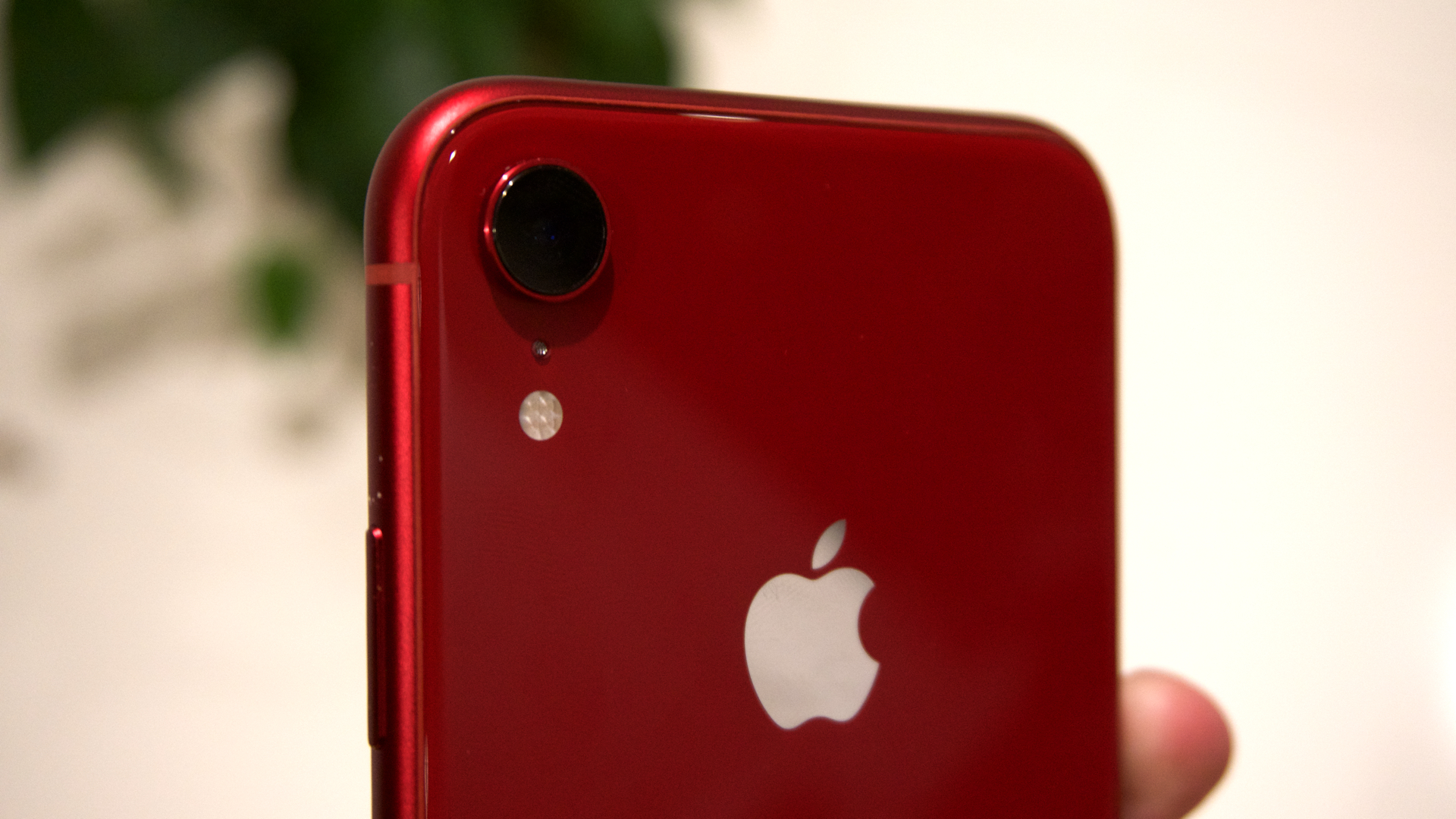 Older iPhones at risk of being left behind when iOS 19 arrives – is your device one of them?
Older iPhones at risk of being left behind when iOS 19 arrives – is your device one of them?Apple will reportedly drop three iPhone models when it comes to the iOS 19 update
By Carrie Marshall Published
-
 Your next MacBook Pro could be a game-changer for three good reasons
Your next MacBook Pro could be a game-changer for three good reasonsApple will reportedly upgrade next year's MacBook Pro in three major ways
By Rik Henderson Published
-
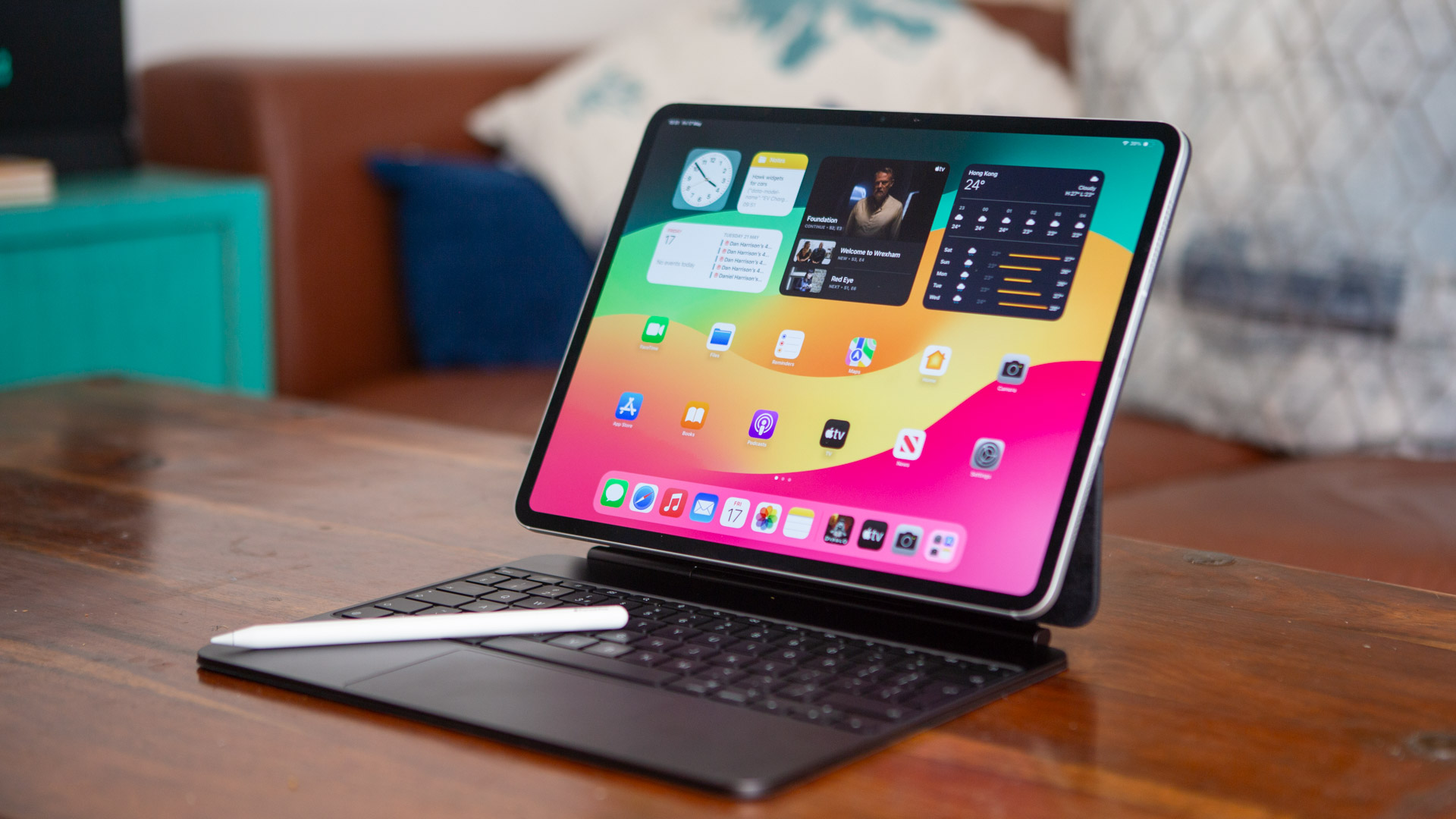 M5 iPad Pro on schedule for release this year, claims expert
M5 iPad Pro on schedule for release this year, claims expertApple's best tablet is reportedly getting even more power in late 2025
By Carrie Marshall Published
